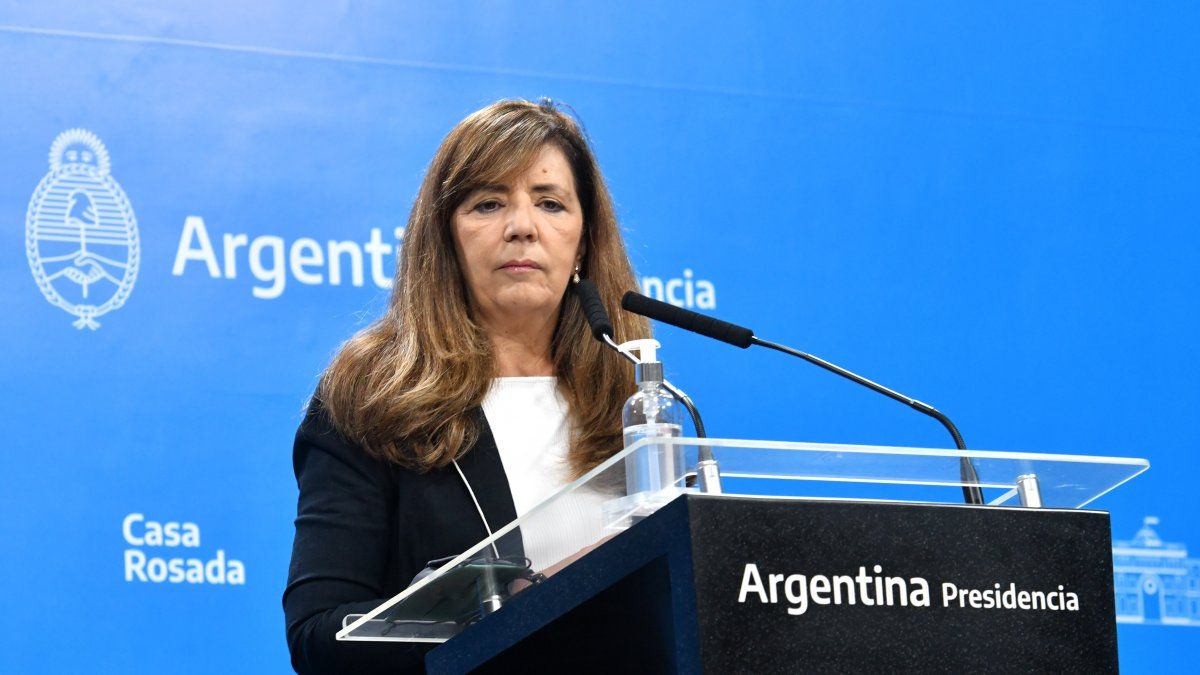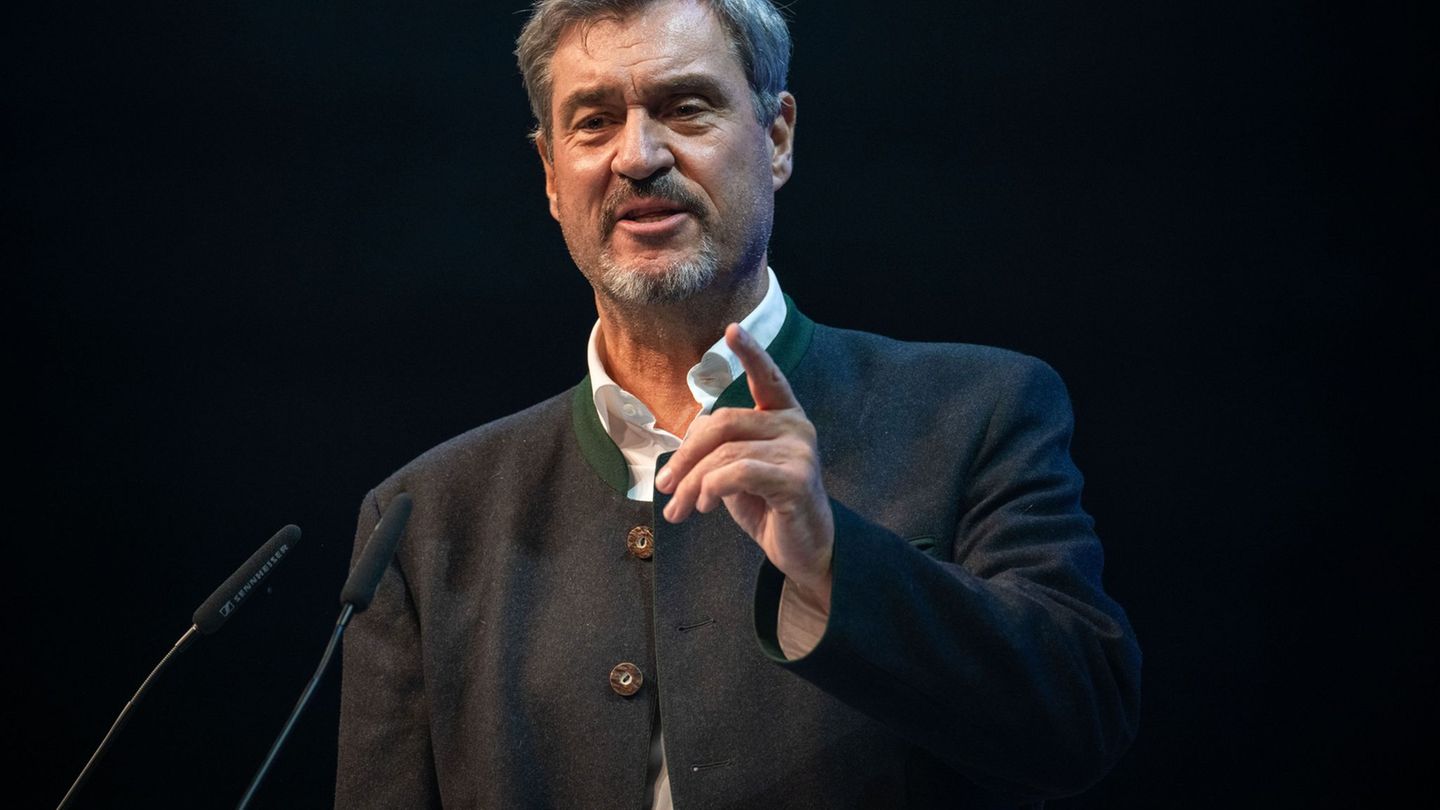The spokeswoman referred to the understanding to refinance the maturities of the loan contracted by the management of Mauricio Macri for US$44,000 million, that “in the next few days” the text will be sent to Congress, and indicated that in the framework of the negotiation with the multilateral credit organization “the drafts are changing every day”.
In his usual weekly press conference, Cerruti ruled out the possibility of avoiding the legislative treatment of the agreement, as proposed yesterday by Elisa Carrió’s Civic Coalition.
“The area to discuss and sanction it is Congress”specified the official, while assuring that the weight of the indebtedness generated by the previous administration will be felt “at least for the next ten years.”
The spokeswoman also assured that the Government “repudiates” that the agreement signed in June 2018 by former President Mauricio Macri has not passed through Parliament.
The position of the current government is different, he said, since it considers that what is approved “It will compromise several generations.”
The national government doubts at this time that the draft law of the agreement with the IMF can be sent to Congress before March 1, given that The main discussion with the international credit organization revolves around “how to reduce the fiscal deficit” which was planned at 2.5% for this year.
The Government faces technical discussions with the Fund and, in this line, the main difference is “how to reduce the fiscal deficit”, which caused a delay in the times that the National Executive had stipulated to finish polishing the details ends of the negotiation.
At Casa Rosada they consider that growth for the country will be 7 points instead of 4, a figure on which the Fund is betting. For this reason, the body led by Kristalina Georgieva asks to remove more subsidies, which is opposed by the Executive.
At that point, government sources specified: “It is a great agreement in which there are two points that are under discussion at this time: how to reach the number that was marked as the fiscal path, 2.5% deficit for this year, and the issue of fees.
“When they ask for the rate increase, they ask that it be greater than inflation, to which we say no. That discussion is spinning thin”they pointed out.
In addition, they indicated that the main stumbling block in the negotiation is “how to reach the deficit requested by the Fund”, and argued: “We say that between the 20% increase in rates, segmentation, growth and other things we arrive. From the Fund they say that I don’t know “.
However, they affirmed that “there is no possibility” that the tariffs will increase by 60%, and added: “The number of the fiscal path has been agreed upon, the discussion is on how to reach the reduction of the deficit.”
Source: Ambito
David William is a talented author who has made a name for himself in the world of writing. He is a professional author who writes on a wide range of topics, from general interest to opinion news. David is currently working as a writer at 24 hours worlds where he brings his unique perspective and in-depth research to his articles, making them both informative and engaging.




